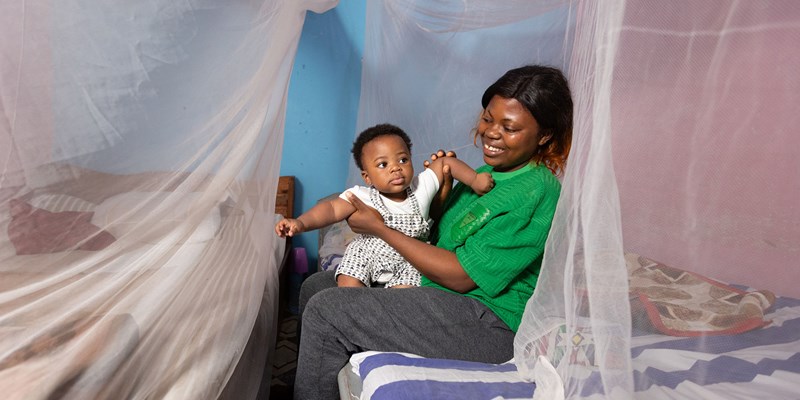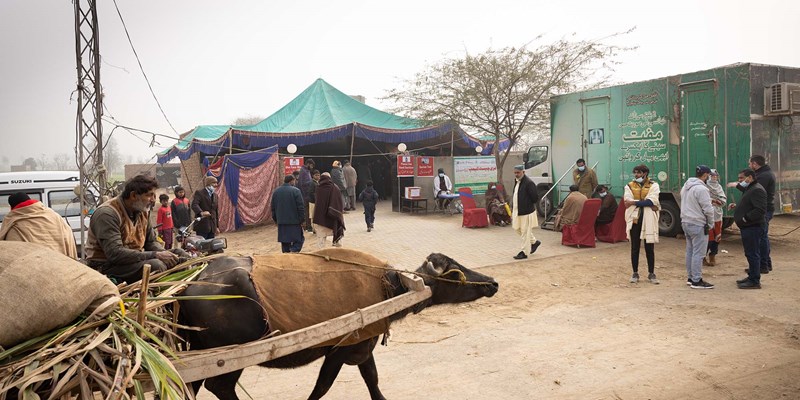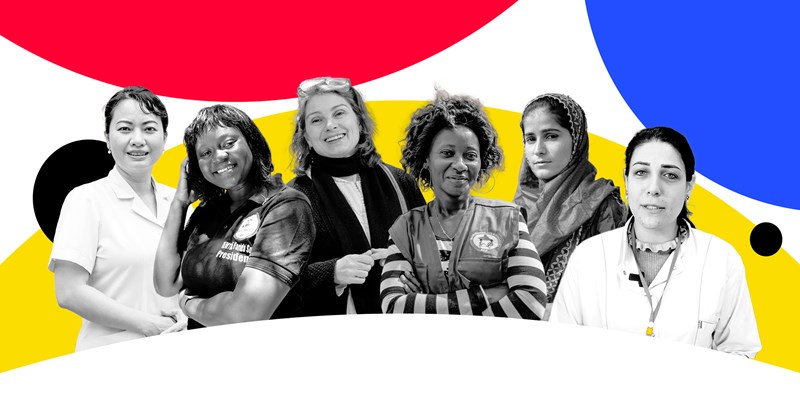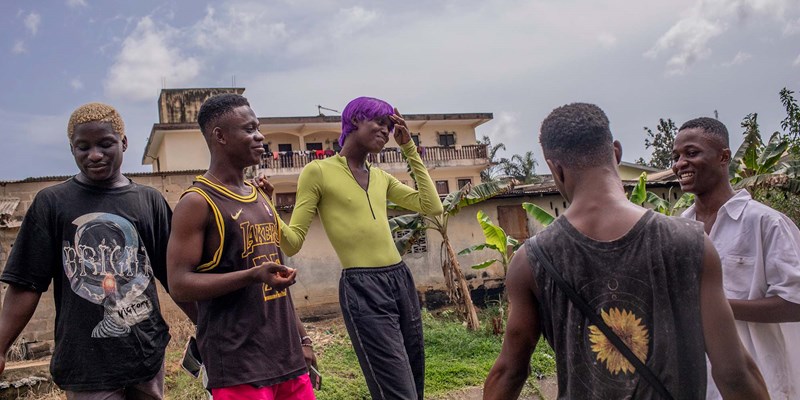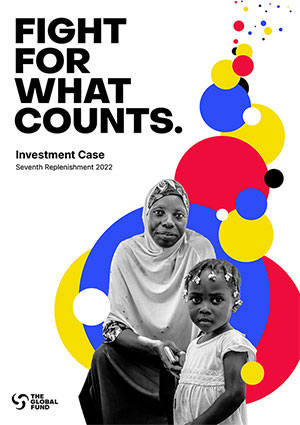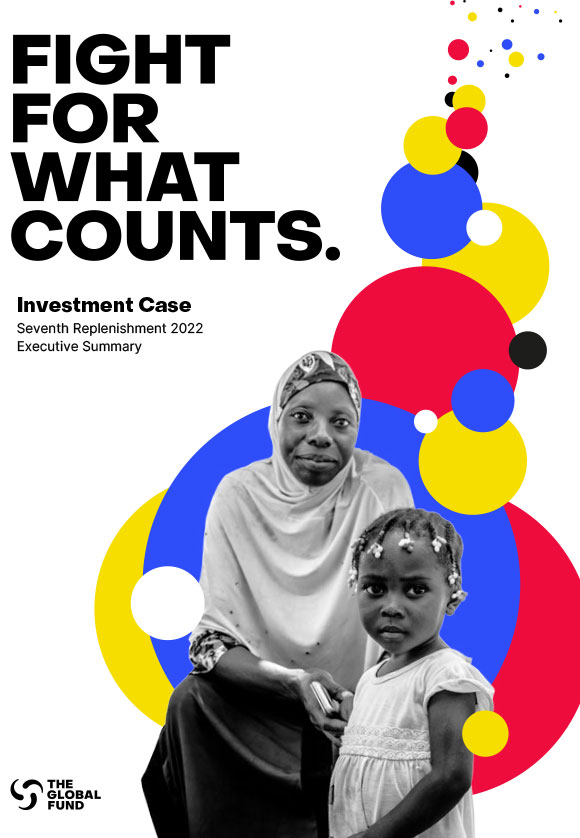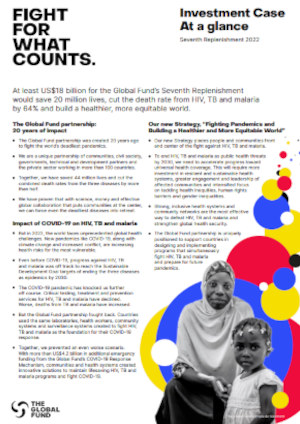PEPFAR, Global Fund and UNAIDS Leaders Visit Mozambique in Support of a Sustainable HIV/AIDS Response
16 June 2023
MAPUTO – Ambassador Dr. John N. Nkengasong, U.S. Global AIDS Coordinator and Special Representative for Global Health Diplomacy, visited Maputo June 14-16. Ambassador Nkengasong was accompanied by UNAIDS Executive Director Winnie Byanyima, who leads the United Nations’ efforts to end the AIDS pandemic by 2030, and Head of Grant Management at the Global Fund Mark Edington. This historic joint visit, the first time that these three organization leaders visited Mozambique together, underscores the strong commitment to combat HIV/AIDS over the past 20 years as well as the critical importance of a sustainable HIV/AIDS response.
During their visit, the delegation met with Prime Minister Maleiane, Economy and Finance Minister Tonela, and Health Minister Tiago, as well as civil society organizations. In those meetings, the delegation emphasized the need to develop a sustainable HIV/AIDS response, the importance of protecting human rights, and the need to work across several ministries when addressing the HIV/AIDS epidemic in Mozambique. The group also visited Primeiro de Maio, a high-volume health facility in Maputo supported by PEPFAR and the Global Fund that aims to prevent new HIV and TB infections and increase access to quality care and treatment services for people living with HIV.
“Saving lives and ending HIV/AIDS as a public health threat in Mozambique – and globally – by 2030 requires a sustainable HIV/AIDS response,” stated Ambassador Nkengasong. “The United States, Global Fund and UNAIDS are united in our partnership with Mozambique to see this through. Through country leadership, collaboration with bilateral and multilateral partners, and strong engagement from civil society, Mozambique can achieve the UNAIDS HIV treatment targets by 2030.”
“This joint visit to Mozambique has inspired us all,” noted Winnie Byanyima, UNAIDS Executive Director. “The end of AIDS is possible, but only by working together as government, civil society, international partners and UN, by empowering women and girls, and by ensuring no one is stigmatized nor excluded. In a country where the face of HIV is that of a girl, where every 20 minutes an adolescent girl or young woman is infected, we have seen how by scaling up the lessons of effective programs we can overcome the inequalities holding back the end of AIDS. To reach everyone, it will take all of us.”
“Mozambique has made solid gains in reducing the spread of HIV and it has been impressive to see some of the work behind the progress on this trip,” said Mark Edington, Head of Grant Management at the Global Fund. “We are deeply committed to helping Mozambique end HIV/AIDS as a public health crisis, but sustaining and scaling this progress so far will take strong engagement from all partners, the government and civil society.”
The U.S. government, the Global Fund, and UNAIDS have provided significant, ongoing support for Mozambique in its fight against HIV/AIDS since they were founded. Each year, the United States invests more than $400 million in PEPFAR funding to Mozambique aimed at ending HIV/AIDS as a public health threat by 2030. Over the next three years, the Global Fund plans to invest $770 million for HIV, TB, and Malaria. The U.S. government has supported Mozambique in its fight against HIV/AIDS since the Mozambique PEPFAR Coordination Office opened in 2003.
